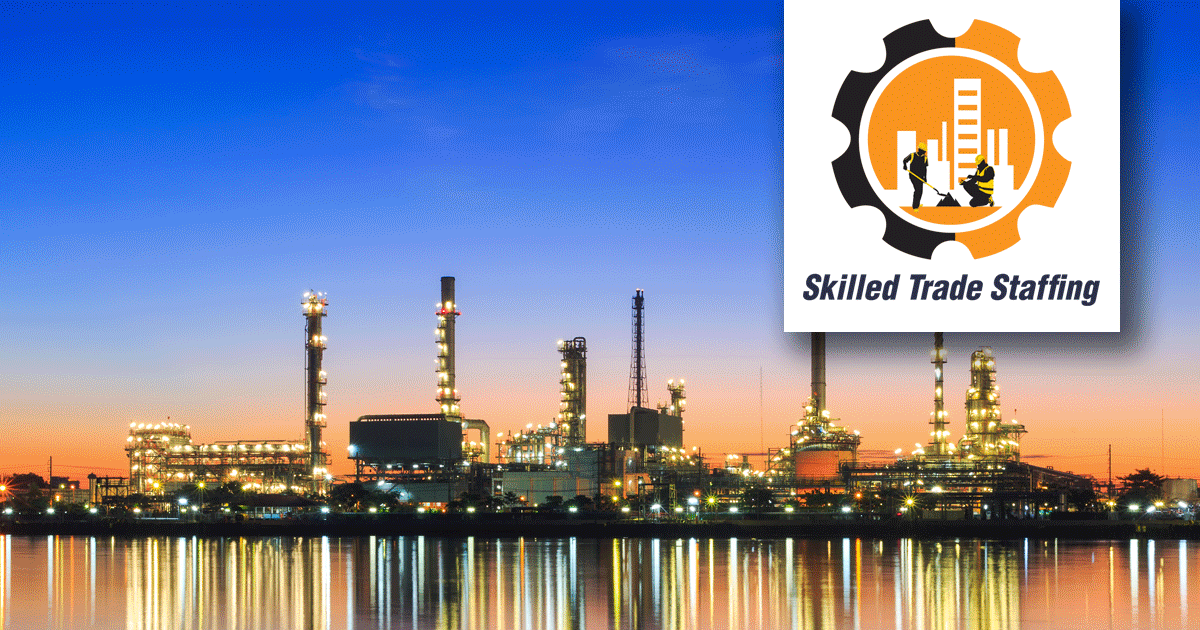
Oil and gas stands as one of the highest risk sectors in the industrial world. Many oil and gas workers are under constant threat of risk, in terms of injury and fatality.
Due to the high costs associated with drilling operations, workers are often under pressure to increase productivity, often jeopardizing personal safety. They work long hours for days on end with minimal breaks. The labor is physically demanding and the stress often takes a toll.
In due course, these stress factors can affect the safety of all workers by raising the spike of human error, equipment misuse, and disrupting workflow procedures. The result is often an increased risk of accident occurrence.
Clearly, it is imperative to routinely evaluate safety protocols. Worker safety must be thoroughly addressed in these critical industries. Adherence of proper training protocols is key to reducing on-the-job injury and accident rates.
Below are some key safety tips that serve to help oil and gas sector employers when implementing worker safety programs.
INVESTING IN A SAFETY PROGRAM THAT UNIFIES WORKERS
Communication and respect are key in any work environment. Workers should be trained to focus on embracing a personal approach to safety training. Likewise, it is important that each worker feel confident in the support offered by management, team leaders and coworkers. Programs which encourage workers to bond and familiarize with one another can be crucial in adopting team-building culture. These programs help to develop trust, not only among workers, but within management support. A team-focused program is instrumental in developing a company-wide safety routine.
ACTIVE MONITORING OF WORKERS’ MENTAL HEALTH
One major factor that may adversely affect the safety of workers in the oil and gas industry is worker culture. The old “macho man” stereotype typically associated within the oil and gas industry must be eliminated. In a healthy work environment, transparency and openness are promoted. This can be achieved through the use of team exercises and training techniques. A sense of belonging and trust develops, encouraging workers to reach out for help, should the need arise. Obeying rules, admitting faults and seeking advice become second nature, all of which lead to a positive and safety-conscious atmosphere. Studies have shown that hyper-masculine work cultures in environments like the oil and gas industry, encourage many workers to internalize fatigue and stress levels, at the expense of their physical and/or mental health.
CONSTANT HOUSEKEEPING
Clearing the floors, pathways and work areas of clutter and redundant items in order to avert trips and falls can significantly contribute to reducing the risk injury or fatal accidents. Emergency and safety equipment should be readily accessible to employ at the first hint of necessity. All workers should receive routine training in relation to safety equipment.
REGULAR MACHINE MAINTENANCE
Machines are the lifelines of oil and gas industry workers, especially when they are working on offshore rigs several miles away from shore. Untimely machine failure therefore has to be prevented to ensure the safety of workers at all times. And the only way to achieve this is by performing consistent maintenance checks on the machinery.
To address your company’s safety program, feel free to contact Skilled Trade Staffing today.
Skilled Trade Staffing
Phoenix: 602-888-8437
Email: info@skilledtradestaffing.com
3260 N. Hayden Road Ste. 210
Scottsdale, AZ 85251
Skilledtradestaffing.com
